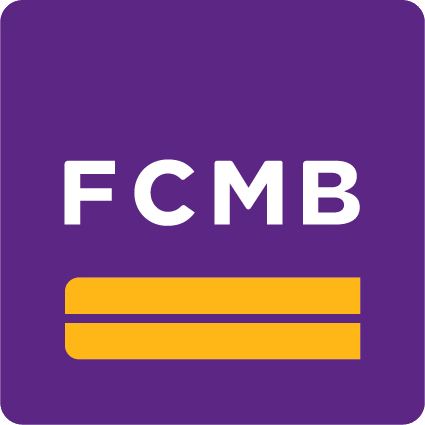...To get all news updates, Join our WhatsApp Group (Click Here)
Also Join our WhatsApp Channel (Click Here)
First City Monument Bank (FCMB) has responded to report on finance house Cool Financial Services’ lawsuit against it after a customer was able to withdraw a N150 million loan from a frozen bank account.
FCMB wrote a day after the report was published and three weeks after the initial request for comments was sent.
“FCMB believes the lawsuit filed by Cool Financial Services is without merit, as the bank had no contractual or fiduciary obligations to them,” the bank stated in an email on Thursday.
We had earlier reported that Cool Financial Services, a finance house based in Lagos State, lent Goewe and Sons Ltd., a supplier, a loan facility of N150 million in 2023 and the said loan was to be deposited in the borrower’s account domiciled at FCMB untouched.
At the expiration of the loan tenor, the lender was surprised to discover that the N150 million had been withdrawn from the account without its knowledge despite an earlier mandate stating that only the lender could authorise the withdrawal of that amount from the account.
Prior to the publication, FCMB had been requesting for one week after another week to investigate and respond to request for comments. We went to press on Wednesday, three weeks later.
A day after publication, however, FCMB responded with claims that the N150 million withdrawal was properly done and that it had no customer-banker relationship with the lender at the time of the loan transaction.
“To set the record straight, FCMB categorically states that it had no contractual relationship, express or implied, with Cool Financial Services concerning the N150 million. Claims of a fiduciary relationship or contractual obligations are without merit,” Adeola Adejokun, FCMB’s head of communications, wrote in an email on Thursday.
“Contrary to Cool Financial Services’ claims, they opened an account with FCMB on February 21, 2024. Therefore, no banker-customer relationship existed between FCMB and Cool Financial Services during their dispute with Goewe and Sons Ltd.”
The lender had earlier said, with documents in tow, that the borrower made it a ‘Category A’ signatory to the loan account to keep it informed of any activity on the account holding the N150 million. An email address of the lender’s representative requested to be added in addition to the new mandate instruction.
While admitting the fact stated above, FCMB said the dissipation of the loan sum from the account followed legal procedures.
“FCMB was not a party to any agreement that was said to have involved Cool Financial Services and Goewe and Sons Ltd. No arrangements existed that obligated FCMB to act on behalf of Cool Financial Services regarding the management of the disputed funds,” the bank’s Thursday email read.
“Goewe and Sons Ltd., an FCMB customer, received a standard loan facility secured by a lien on their deposit account, as detailed in the loan agreement dated July 24, 2023. While a representative from Cool Financial Services was listed as a co-signatory on one of Goewe and Sons Ltd.’s accounts, FCMB acted according to the legally provided account mandates.
“Subsequently, Goewe and Sons Ltd. changed the mandate following due process, and FCMB was under no obligation to seek authorisation from Cool Financial Services for this change.”
Similar to the borrower’s response to FIJ, the bank stated the loan had been repaid.
“Goewe and Sons Nigeria Limited and Cool Financial Services Limited had a financial dispute that involved law enforcement agencies. On January 19, 2024, Goewe paid Cool Financial Services Limited N150 million via bank drafts through its legal counsel,” FCMB wrote.
“FCMB conducted all transactions with Goewe and Sons Ltd. in good faith, adhering strictly to banking regulations and internal policies. The bank acted neither negligently nor breached any duty towards Cool Financial Services.
“FCMB believes the lawsuit filed by Cool Financial Services is without merit, as the bank had no contractual or fiduciary obligations to them. Goewe and Sons Ltd. has already repaid Cool Financial Services.”
The bank said that it had filed its defence to the lender’s statement of claim in court, adding that the case came up for mention on Wednesday and the court subsequently adjourned it until March 18.
Source: FIJ
You can get every of our news as soon as they drop on WhatsApp ...To get all news updates, Join our WhatsApp Group (Click Here)
Also Join our WhatsApp Channel (Click Here)

















